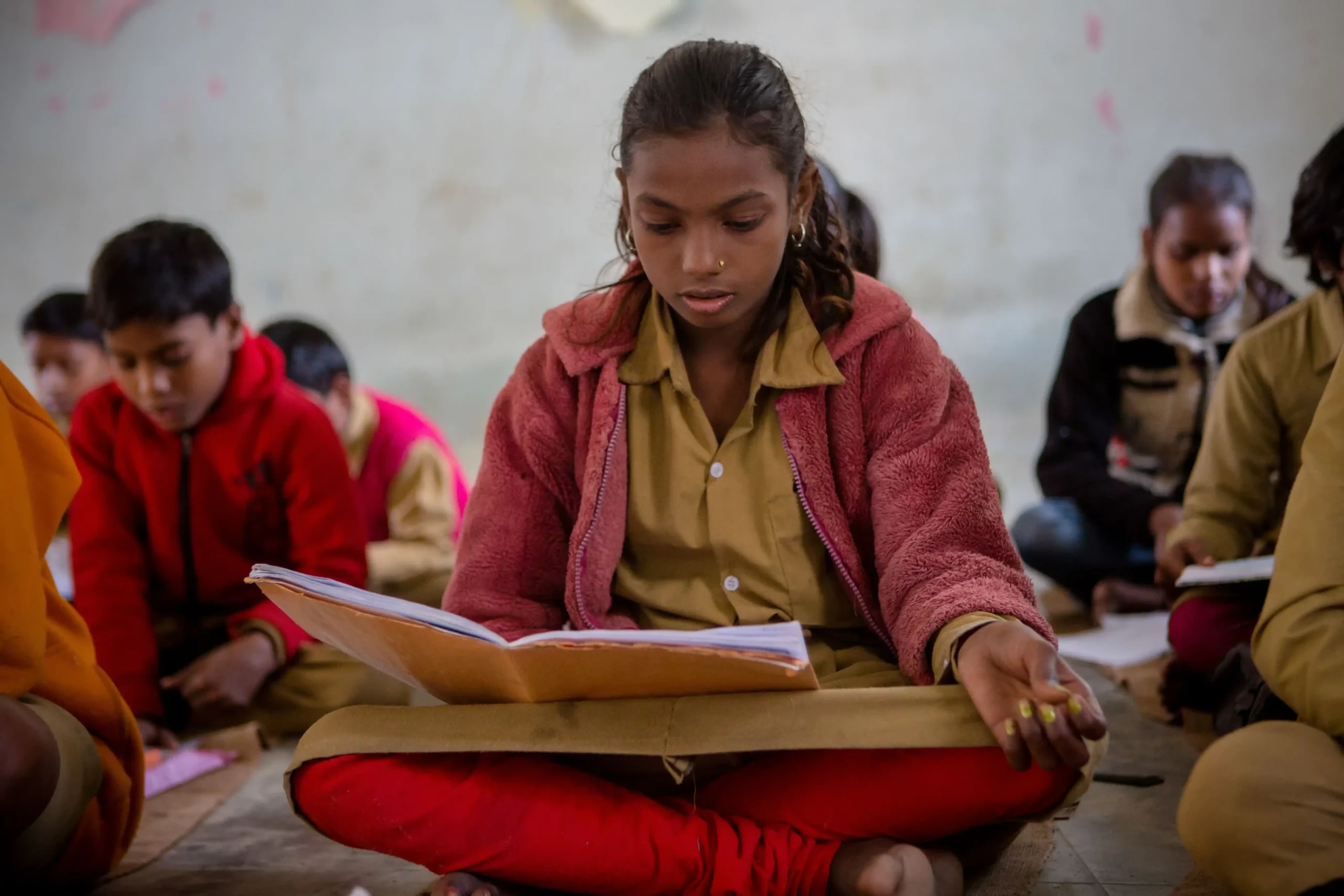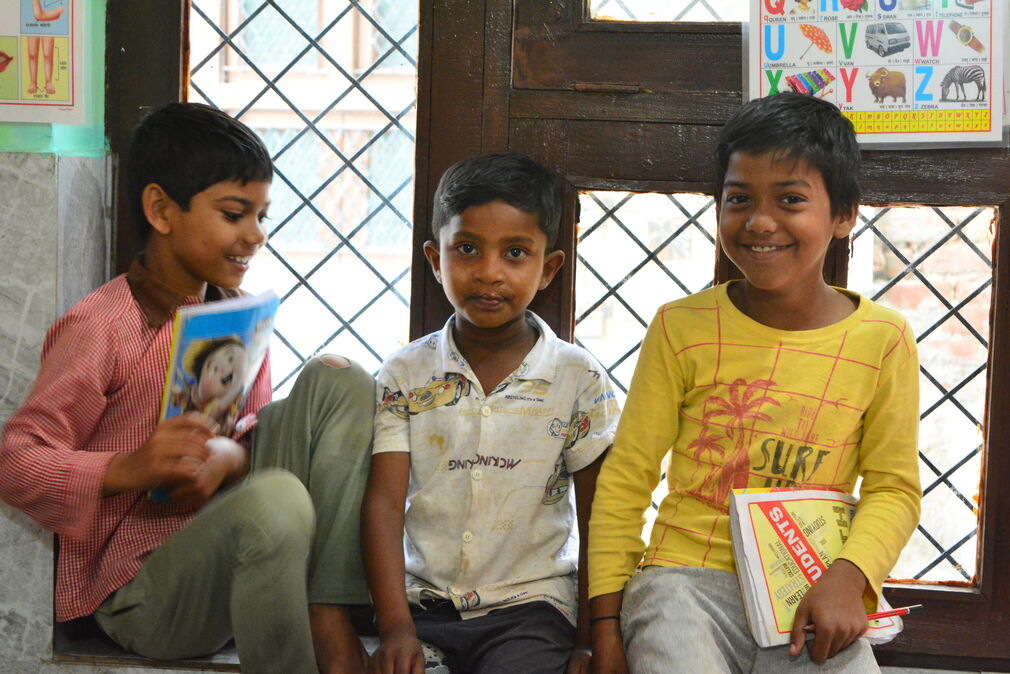
International Day of Women and Girls in Science: Celebrating the Girls in Science
Every year, the International Day of Women and girls in science brings the world together to celebrate curiosity, creativity, and the courage to expl....
Read MoreEducating children about good health practices is a key step in ensuring a healthier future. Through awareness and basic knowledge, children can learn how to protect themselves from illnesses and build lifelong habits.

Focusing on disease prevention early in life helps reduce long-term health risks, lowers the chances of school absenteeism, and supports the growth of strong, healthy communities. When children grow up understanding hygiene, nutrition, and when to seek help, they are more likely to lead healthier and more productive lives.
Disease prevention refers to the steps taken to avoid the onset and spread of illnesses. In the context of children, it includes a wide range of practices, such as daily hygiene habits, timely vaccinations, balanced nutrition, and access to clean water and sanitation. These simple yet essential measures play a crucial role in maintaining children's health.
When children are taught the basics of hygiene and health, they are more likely to adopt safe practices at school, at home, and within their communities. This reduces the chances of them falling ill and also helps them stay regular in school, allowing them to perform better.
In India, where many children still face challenges related to inadequate infrastructure and limited access to healthcare, these preventive measures are especially crucial. Diseases that are common among children can often be prevented with basic awareness and timely care, especially in rural and underserved areas.
Also Read: Children’s Right to Health in India
Understanding common diseases and their prevention is the first step toward safeguarding children's health. Here are a few of the most frequent illnesses and how they can be avoided:
These are highly contagious and spread easily in classrooms or crowded spaces. Children should be taught to cover their mouths when sneezing or coughing and to avoid close contact with individuals who are sick. Good ventilation, hand hygiene, and timely flu vaccinations reduce the spread.
These diseases are often caused by drinking or using contaminated water. Boiling water, using clean storage containers, and promoting awareness around safe water usage are essential.
In India, 6% of deaths in children under 5 years of age are caused by diarrhoea (UNICEF, 2021).
Stagnant water attracts mosquitoes that spread these illnesses. Children must learn the importance of using mosquito nets, wearing protective clothing, and keeping their surroundings clean.
The Government of India's National Vector Borne Disease Control Programme (NVBDCP) promotes awareness to prevent and control vector-borne diseases, including malaria, Japanese encephalitis, dengue, chikungunya, kala-azar, and lymphatic filariasis.
Infections such as ringworm or scabies are common among children, particularly in warm climates. These can be avoided by practicing daily hygiene, keeping nails trimmed, and refraining from sharing personal items like combs or towels.
Also Read: Reasons Why Immunization Is Critical For Child Health
Education is the most powerful tool in teaching how can we prevent common diseases. When children, parents, and teachers understand how illnesses spread and how they can be stopped, everyone becomes better equipped to protect themselves. Here are some effective ways to use education to promote health:
Handwashing with soap at key times, such as after using the bathroom and before eating, is one of the most effective habits for the prevention of common diseases. Access to toilets and clean water facilities must also be ensured in schools and homes. Programs like Swachh Bharat Abhiyan, or the Clean India Mission, have contributed positively to these efforts across India.
Immunization is a strong pillar of disease prevention. India's Universal Immunisation Programme provides free vaccines for diseases such as measles, polio, and hepatitis B. Schools and community workers can guide families on vaccination schedules and the importance of regular health screenings.
A balanced diet helps in building immunity. Children should be encouraged to eat more fruits, vegetables, pulses, and home-cooked meals. Mid-day meal programs in schools contribute to nutrition, but families also need awareness about making healthy food choices at home.
Children who can identify signs of illness, such as a sore throat, fever, or skin rash, can get help earlier. Caregivers must also know when to seek medical support, rather than waiting for symptoms to worsen. Early action often leads to quicker recovery and lower costs.
Also Read: Infant Mortality Rate
CRY India works with communities, schools, and local organizations to support children's health and well-being. As a facilitator, CRY India strengthens community systems that promote health education and build awareness about the prevention of common diseases.
This includes:
By helping families and communities make informed decisions, CRY India ensures children grow up healthy and aware, ready to take charge of their well-being.
Children deserve the chance to grow up healthy, informed, and confident. By educating them about hygiene, nutrition, and timely care, we can reduce illnesses and improve quality of life. With the support of organisations like CRY India, communities are better equipped to promote disease prevention among children. Together, through awareness and small steps, we can build a healthier future.
Also Read: Health Education for Children